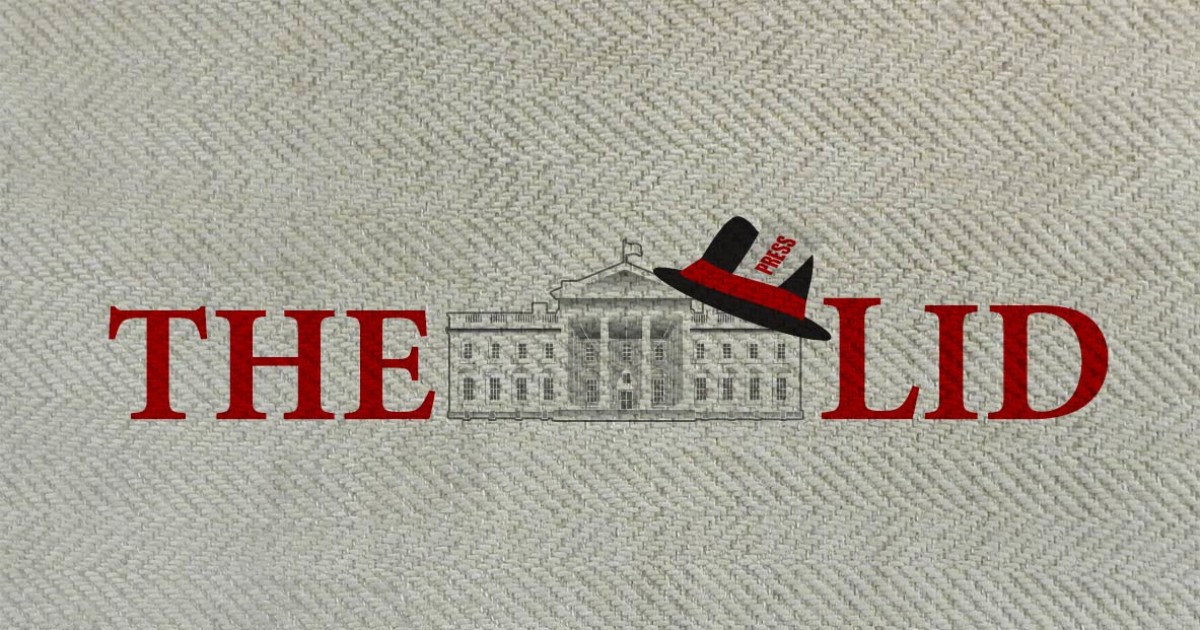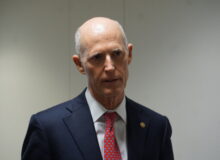Near the end of 2011 Chelsea Clinton who felt uncomfortable about the way the Clinton Foundation was being run ordered an audit their operations. Called the Clinton Foundation Governance Review, the emails with audit were released by Wikileaks on Thursday. The audit was conducted by the Law Firm of Simpson Thacher (embedded below). Overall Simpson Thacher said that Clinton Foundation did not have the necessary independent oversight as required by federal charity law.
Not surprising to anyone who read Clinton Cash, the audit also reported, “Some interviewees reported conflicts of those raising funds or donors, some of whom may have an expectation of quid pro quo benefits in return for gifts.” Gee that reminds me of the Uranium One and the Skolkovo deals, both of which involved Foundation donors and what certainly looks like State Department quid pro quo.
The Simpson Thacher audit also found:
- The foundation board didn’t have the necessary independence, instead it was filled with Clinton insiders.
- The board failed in it’s fiduciary responsibilities
- The board ignores conflicts of interest
- Audits wanted them to change their accounting methods. The Foundation’s auditors have, in 2009 and 2010, indicated that material weaknesses exist including variously in segregation of accounting duties, review of journal entries, audit adjustments and financial statement preparation, and lack of Board meetings. The auditors also noted that books are kept on a cash, not an accrual basis. These issues do not appear to have been addressed by the Board. Separately, interviewees reported their belief that certain employees abuse expense privileges (e.g., charging the Foundation and President for personal expenses) and do not follow the Foundation’s travel expense policy.
Simpson Thacher also asked the Foundation employees they interviewed to rate the foundation operations:
When we asked interviewees to rate the effectiveness and efficiency of the Foundation’s operations on a scale of 1 to 10, many elected to give different ratings for effectiveness and efficiency. They rated the effectiveness in the 7-to-8 range based on the number of people receiving life-saving drugs through CHAI, the agreements negotiated by the Alliance with the beverage companies, and/or the commitments made through CGI. However, these same interviewees rated the current efficiency of the Foundation at a low 1-to-4 level. They called for the Charities to develop the infrastructure necessary to support a best-in-class organization. The rapid growth of the Foundation and the Charities, their substantial programs, and their high profile are all reasons governance should be enhanced at this time.
The bottom line is that the Clinton Foundation was poorly run, with insider directors, and managers with conflicts of interests. And at the very heart of it is what Peter Schweizer wrote about in 2015, some of the donors had an expectation of quid pro quo benefits in return for gifts. The quid pro quo was affecting the foreign policy of the United States.
12727757_4 by Jeffrey Dunetz on Scribd
12733082_1 by Jeffrey Dunetz on Scribd






